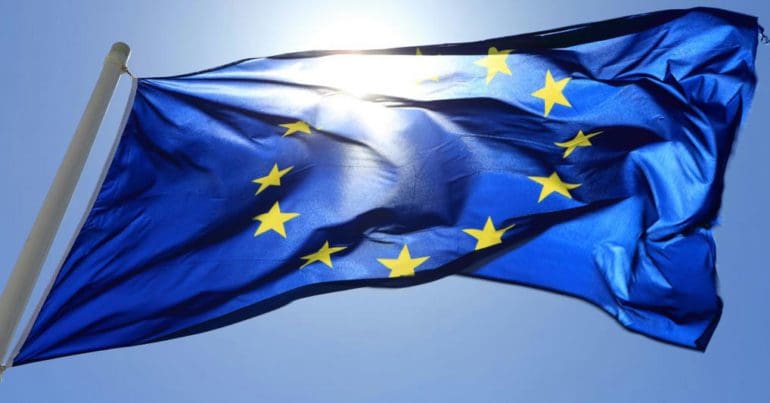Background
The three central EU institutions met last week to finalize plans for MiCa (Markets in Crypto-assets MiCARegulation (MiCA) and Transfer of Funds (TFR). Parliament and the Council agreed to track crypto transfers continuously and block suspicious transactions in a provisional agreement.
According to the press release, this new regulation will protect investors and maintain financial stability while allowing the crypto industry to innovate. The new rule could have far-reaching consequences for the sector, particularly at a time when the industry and market are undergoing some pressure.
Additionally, it is meant to address the lack of clarity for EU member states, which have adopted national crypto-asset legislation resulting in differing regulations in different countries. But this legislation is centralized; consequently, a public list of crypto-asset service providers (CASPs) that do not comply will be formed by the European Banking Authority (EBA).
It also protects investors and consumers against scams and fraud, as crypto-asset service providers are responsible if they lose assets and fail to protect investors’ wallets.

Speaking to Swarm Markets’ co-founders, Philipp Pieper, he explains that this was predictable. “Regulatory scrutiny of crypto should come as no surprise. But it should also not be something to be afraid of. Of course, the industry sees limits as regulators overstepping their mark, but regulation is a natural progression for a burgeoning sector and should not be resisted but instead received and responded to constructively.”
How will it work?
Providers must check for money laundering and terrorism financing risks before making crypto assets available to beneficiaries.
Due to crypto-asset transactions bypassing existing thresholds, Parliament negotiators assured that there are no minimum thresholds or exemptions for low-value transfers, as originally proposed.
The council pointed out that if there is also no guarantee that personal data will be protected by the recipient, such as a name or address required by the travel rule, such data should not be sent.
Traceability
With the agreement, the rules around travel that already exist in traditional finance are expanded to cover crypto assets. As a result, both sides of the Transfer must retain information regarding the asset’s source and beneficiary throughout the Transfer. In the case of an investigation into money laundering and terrorist financing, CASPs will be obligated to provide this information.
“The ECB is raising the need for harmonization, has a fair point to make. We’re looking at a mishmash of different legal styles, codes, and practices that make compliance harder for firms and more difficult for consumers to understand. Swarm would encourage regulators to look at positive examples where rules have been applied to encourage and protect. We think Germany’s BaFin, which regulates Swarm, has a good balance and would urge harmonization to aim for this balance”, Pieper continued.
Un-hosted wallets
CASPs would also be required to comply with the rules when dealing with transactions from un-hosted wallets and verify if the customer owns or controls the un-hosted wallet if they send or receive more than €1000 ($1018) to or from it. Traders who act on their behalf and person-to-person transfers are exempt from the rules.

Speaking to Alexandra Barrage, a partner at Davis Wright Tremaine, she explains the importance of this step. “In general, the EU is well ahead of the US on regulating crypto, including with the passage of MiCA“.
She continues, “the EU ‘travel rule’ addresses traceability of crypto and requires crypto-asset services providers to provide information on the source of the crypto asset and its beneficiary as it “travels” (e.g., across exchanges or custodians). The EU travel rule follows similar implementation in other jurisdictions and is an important step focused on curbing the use of crypto for money laundering and terrorism financing. That said, there are technical challenges surrounding the implementation of the travel rule, including at scale; we’re likely to see continued industry-driven solutions focused on complexities involved with travel rule compliance.”
Next steps
“DeFi looks set to be more or less shielded from the changes, after vigorous appeals from the sector, including a petition signed by us at Swarm too. But stablecoins are still in the firing line with some fairly heavy-duty new rules relating to registration and issuance, which non-compliance could see them forced off EU-based platforms,” explains Pieper.
Lastly, the commission intends to publish a report in 2023 and propose a pilot project for DeFi regulation, and European Commission is developing a report on the environmental impact of crypto-assets. MiCA will call for providers to disclose their environmental and climate footprints to ensure that the European Securities and Markets Authority (ESMA) can gather information about the environmental welfare of the financial sector.
All agreements are subject to approval by the council and the European parliament before the formal adoption procedure.


